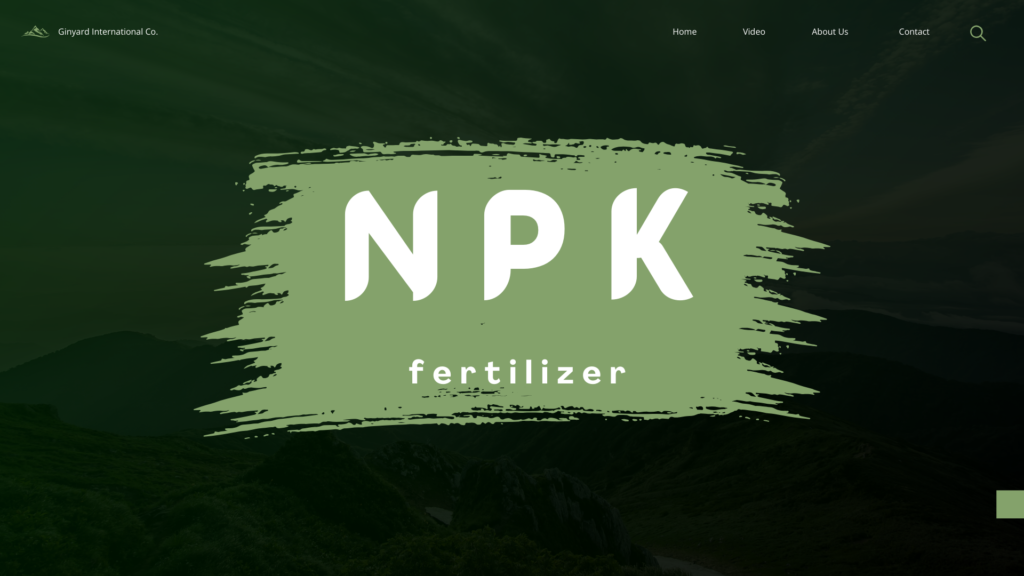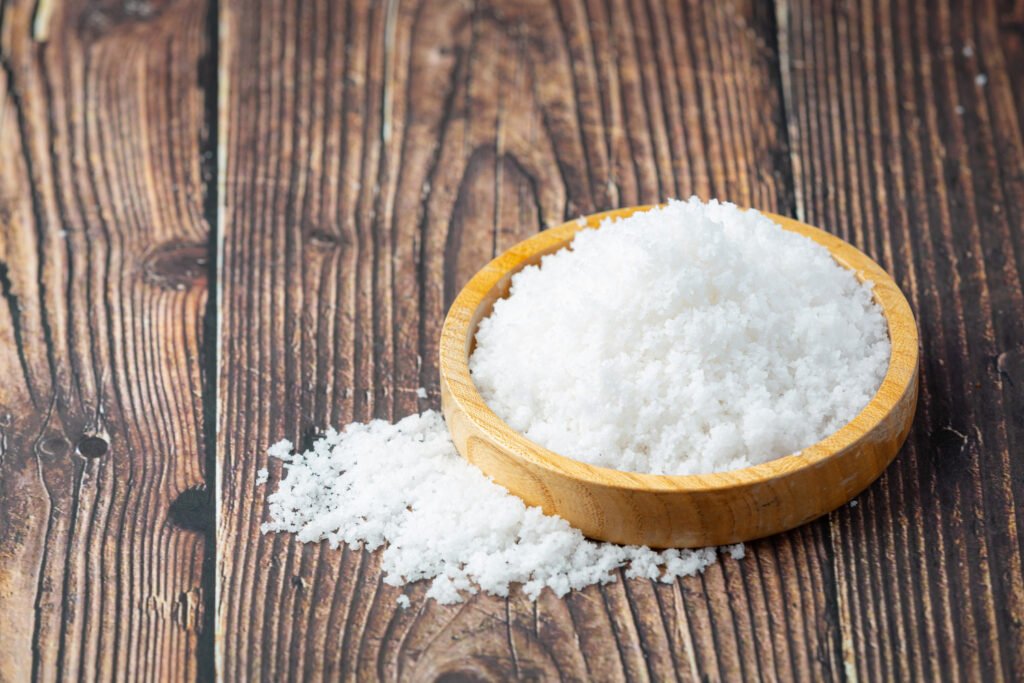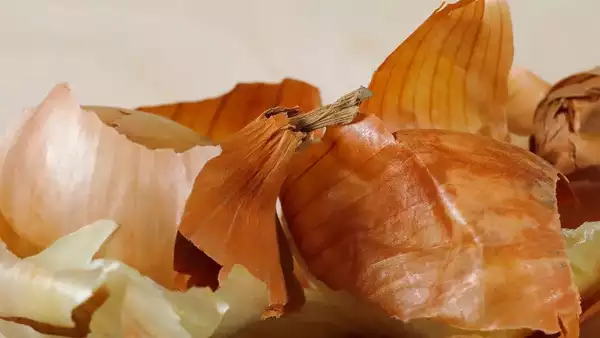Plant Power: Boosting Growth with the Right Fertilizers.
FAQ
Fertilizers are substances, either natural or synthetic, that are added to soil or plants to provide essential nutrients, promoting plant growth and increasing crop yield. They play a crucial role in agriculture by ensuring that plants receive the necessary nutrients, such as nitrogen, phosphorus, and potassium, which are vital for healthy development and optimal production.
Fertilizers are used in agriculture to supplement the nutrient content of the soil and provide essential elements like nitrogen, phosphorus, and potassium that may be deficient. This supplementation helps to enhance plant growth, improve crop yield, and ensure an optimal nutrient balance for healthy plant development. By addressing nutrient deficiencies, fertilizers play a crucial role in sustaining agricultural productivity and supporting food security.
Yes, there are organic fertilizers derived from natural sources such as compost, manure, and plant materials. These fertilizers provide nutrients to plants in a more sustainable and environmentally friendly way compared to synthetic fertilizers
Types Of Fertilizer
Balanced All-Purpose Fertilizer
“Three chemical elements required for any type of indoor plant are nitrogen (N), phosphorus (P), and potassium (K). A common mixture ratio of these three ingredients is the 10-10-10 or 20-20-20 formula.Ideal for a wide range of indoor plants, providing essential nutrients for overall healthy growth, including foliage, root development, and flowering.”
Liquid Fertilizers
These are Fertilisers in liquid form, which are applied through irrigation systems or as foliar sprays. Plants quickly absorb them and provide nutrients directly to the foliage.
Organic Fertilizers
Organic fertilizers are derived from natural sources such as compost, animal manure, and plant residues. They provide a slow release of nutrients and also improve soil structure and microbial activity.
Slow-Release Fertilisers
These fertilizers release nutrients gradually over an extended period, ensuring a steady supply of nutrients to plants. They are beneficial in reducing nutrient leaching and providing sustained nutrition
npk fertilizer

NPK fertilizer is a complex fertilizer that basically consists of three primary nutrients required for plant growth. Agriculture is heavily dependent on the use of NPK fertilizers to meet global food supply and ensure healthy crops. Almost half of the world’s population still survives due to increased food production through the use of mineral fertilizers.
About Epsom Salt for Indoor Plants: A Gardener’s Secret Weapon

Description: Today, our topic of discussion is Epsom salt. Sometimes, even with proper care, a plant’s growth may not be optimal. In such cases, Epsom salt can be a helpful solution. Chemically known as magnesium sulfate, Epsom salt is a mineral compound with many uses, especially in gardening and plant care. It resembles white table salt and is a key ingredient in plant nutrition due to its magnesium content.
Uses of Epsom Salt:
- Epsom salt is indispensable for keeping the leaves of any indoor or outdoor plant vibrant and green.
- To treat crushed or yellowing leaves, mix 5 grams of Epsom salt in 1 liter of water. After thoroughly mixing, spray the solution onto the leaves and body of the plant. Repeat every 15-20 days to maintain plant health. Alternatively, you can add 5 grams of Epsom salt directly to the soil or wash the leaves with a solution of 10 grams of Epsom salt in 1 liter of water.
- When repotting a plant, the risk of damage can be minimized by soaking the plant’s roots in water mixed with Epsom salt for a few hours before the process.
- If a plant struggles to absorb fertilizer, applying water mixed with Epsom salt or adding a small amount of Epsom salt to the soil can help the plant better accept the nutrients.
- Some plants, such as roses, citrus plants, and tomatoes, have higher magnesium needs. Spraying these plants with water mixed with Epsom salt twice a month can enhance flower and fruit production.
- Epsom salt also aids in the germination of seeds by promoting healthy cell development. Spraying the soil with Epsom salt solution during seedling growth can be beneficial.
- Mixing a small amount of Epsom salt into the soil mixture can improve its quality, making it more beneficial for plants.
- As an alternative to chemical fertilizers like urea, vermicompost mixed with Epsom salt creates a highly effective organic fertilizer.
- To promote the growth of rose buds and overall plant health, Epsom salt can be added to the soil or sprayed onto the plant.
Onion Peel Fertilizer

Today, I will make a fertilizer called Onion Peel Fertilizer. This will be an organic fertilizer made completely without any chemicals. It can be made very easily at home and does not require any cost to make. This fertilizer can be used at any time throughout the year, both indoors and outdoors. It does not take much time to prepare, and it works very well on any leafy plants, such as fruit trees and flower plants.
How to Make Onion Peel Fertilizer:
- First, dry onion peels should be stored in one place.
- Put the onion peels into a container.
- Fill the container with water, cover it, and keep it in a shaded place. After 5-7 days, separate the water from the peels.
- Use the fertilizer after 1 day by mixing 1 part of the prepared fertilizer with 3 parts water in any container. Apply it to leafy plants, flowers, or fruit trees.
The prepared onion peel fertilizer should be kept in a covered container in a shaded place. If the container is kept closed for too long, it may spoil, so you should occasionally open the container for a while. If a bad smell develops, it indicates that the fertilizer has gone bad. Do not use the fertilizer if it has spoiled.
